
Troubleshooting Horse Trailer Loading: One Step at a Time
Consider these 4 behavior-science-based approaches to help your horse load safely.

Consider these 4 behavior-science-based approaches to help your horse load safely.
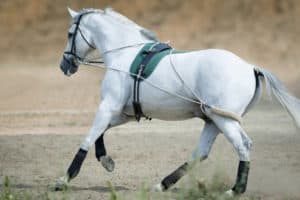
Two equine biomechanics researchers share insight on how to properly use equine training aids such as elastic bands, longeing systems, and various rein rigs.

Riders and owners might miss behavioral signs of pain in their horses. The RHpE is a scientifically validated tool for assessing pain in ridden horses.
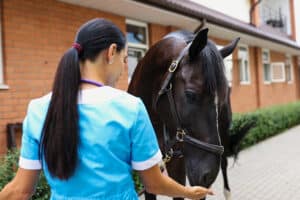
By focusing on positive training tools, vets can help horses see health interventions as less threatening.
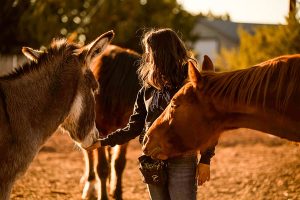
Get answers to common questions about this equine-welfare-friendly training method.

Some people believe petting a fearful horse will teach it to act more upset in the future. Read what our expert says.

Horses that live in group pasture settings showed an increased ability to learn human cues, regardless of their relationship to the person.
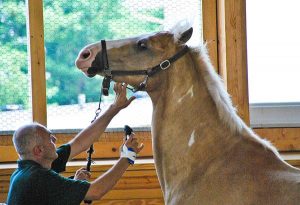
Determine why a horse is head shy, and then use learning principles to reverse the behavior. Learn more in this article from the Summer 2023 issue of The Horse.

The ponies in this research group learned to distinguish between 5 letters and select them on a touch screen.
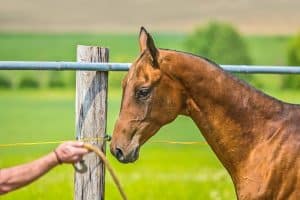
When do horse training methods cross the line from accepted to abusive? Despite significant advances in scientific knowledge about horse welfare and behavior, abusive training still occurs.

Often, a horse’s behavior problems are rooted in either pain or incomplete training. Here’s what to consider.

Study results showed horses might wait for a more appealing treat, demonstrating self-control.

Researchers determined six key factors for evaluating the human-horse bond.

Results from a new study revealed some horses might associate mounting blocks with bad experiences.

A positive horse-human relationship starts with an awareness of shared goals.

Subjective measures of a horse’s performance might not always line up with good welfare.
Stay on top of the most recent Horse Health news with
© 2022 Copyright Statement dolor sit amet, consetetur sadipscing User Terms, sed diam nonumy eirmod tempor invidunt ut labore et dolore magna aliquyam erat, sed diam voluptua. At vero eos et accusam et justo duo dolores et ea rebum. Stet clita kasd gubergren, no sea takimata sanctus est Lorem ipsum dolor sit amet.
"*" indicates required fields